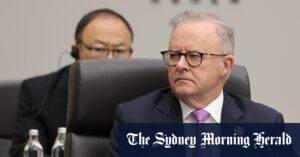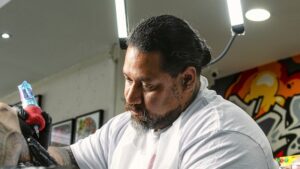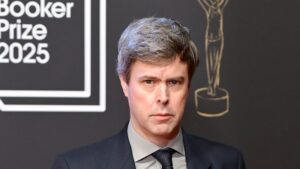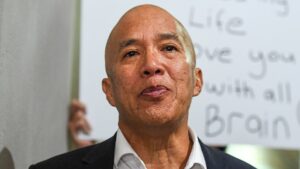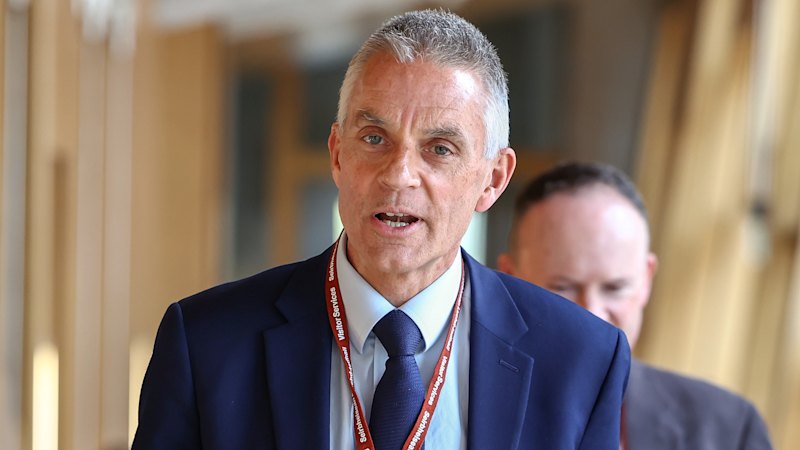
London: The BBC’s director-general and its chief executive of news have resigned following accusations from the White House that the national broadcaster disseminated “fake news” through a documentary featuring edited footage of US President Donald Trump. The resignations of Director-General Tim Davie and Chief Executive of BBC News Deborah Turness have sent shockwaves through the media landscape, occurring just before a parliamentary hearing set to investigate the airing of the contentious documentary.
The documentary in question, titled Trump: A Second Chance?, was broadcast on the BBC’s Panorama program and included a segment that allegedly misrepresented Trump’s address to his supporters during the January 6 protests in 2021. The controversy has intensified debates over the BBC’s political impartiality, particularly regarding coverage of sensitive topics such as the war in Gaza and transgender rights.
Resignations and Accountability
Tim Davie announced his resignation late Sunday night in London, coinciding with reports that the BBC was expected to issue an apology for the documentary. “Overall the BBC is delivering well, but there have been some mistakes made and as Director-General I have to take ultimate responsibility,” Davie stated.
Deborah Turness followed with her resignation, citing the ongoing controversy as detrimental to the BBC’s reputation. “The ongoing controversy around the Panorama [episode] on President Trump has reached a stage where it is causing damage to the BBC – an institution that I love,” she said in a statement to staff. “As the CEO of BBC News and Current Affairs, the buck stops with me.”
Turness revealed that she had offered her resignation to Davie on Saturday night, highlighting an intense weekend of discussions among BBC leadership. The BBC chairman, Samir Shah, is also expected to issue an apology regarding the edited video.
Political and Public Reactions
The resignations have sparked a range of reactions across the political spectrum. British Culture Secretary Lisa Nandy expressed gratitude for Davie’s service, emphasizing the importance of trusted news in a statement shared on social media. “Now more than ever, the need for trusted news and high-quality programming is essential to our democratic and cultural life, and our place in the world,” she stated.
The White House has been vocal in its criticism, with Press Secretary Karoline Leavitt condemning the BBC’s actions.
“This purposefully dishonest, selectively edited clip by the BBC is further evidence that they are total, 100 per cent fake news,” Leavitt said, adding to the political pressure in the UK to address the issue.
The Documentary Controversy
The documentary, produced by October Films for the BBC, included an edited video that combined two different statements made by Trump during his January 6 address. The segment suggested Trump urged his supporters to march to the Capitol, a portrayal that critics argue was misleading. The London Telegraph reported on concerns about the video in a dossier on BBC bias, prepared by a former editorial advisor to the BBC’s editorial guidelines and standards committee.
Despite the documentary not being produced by BBC news reporters, the broadcaster is held accountable for its aired content. The incident has reignited discussions about media responsibility and the challenges of maintaining impartiality in politically charged environments.
Implications and Future Steps
The resignations of Davie and Turness mark a significant moment for the BBC, highlighting the broader implications of editorial decisions in an era of heightened scrutiny over media bias. As the BBC prepares for the parliamentary hearing, questions remain about how the broadcaster will address these challenges and restore public trust.
Looking forward, the BBC faces the task of rebuilding its leadership team while navigating the complexities of modern journalism. The outcome of the parliamentary investigation and the broadcaster’s response to the controversy will likely shape its future direction and influence its role as a trusted news source.
As the situation unfolds, the BBC’s commitment to transparency and accountability will be closely watched by both the public and industry peers, setting a precedent for how media organizations handle similar controversies in the future.



